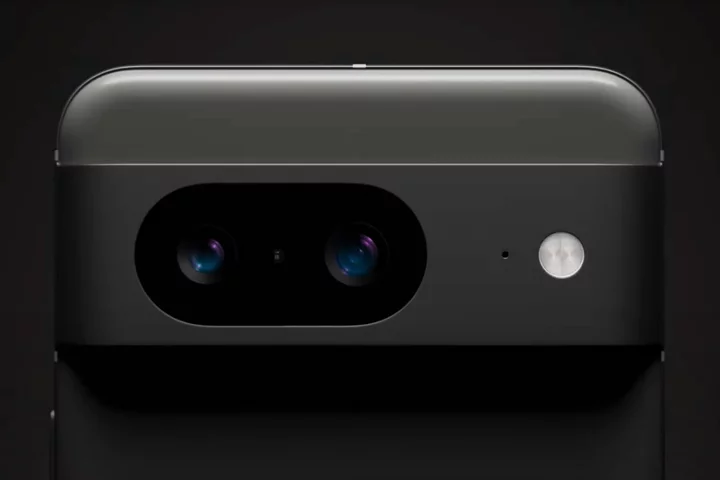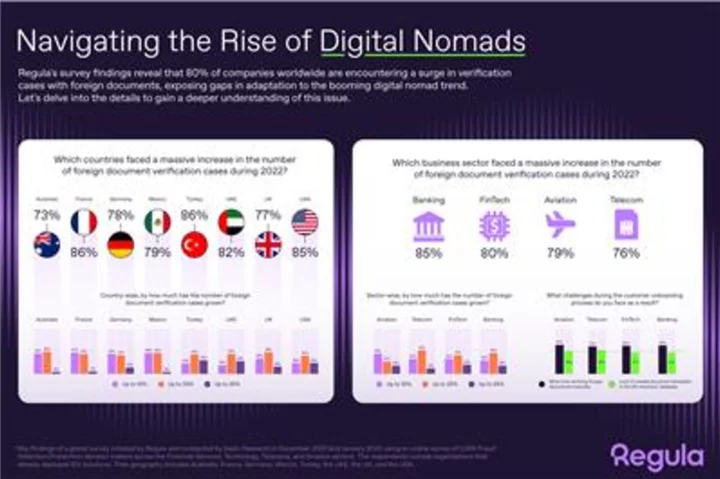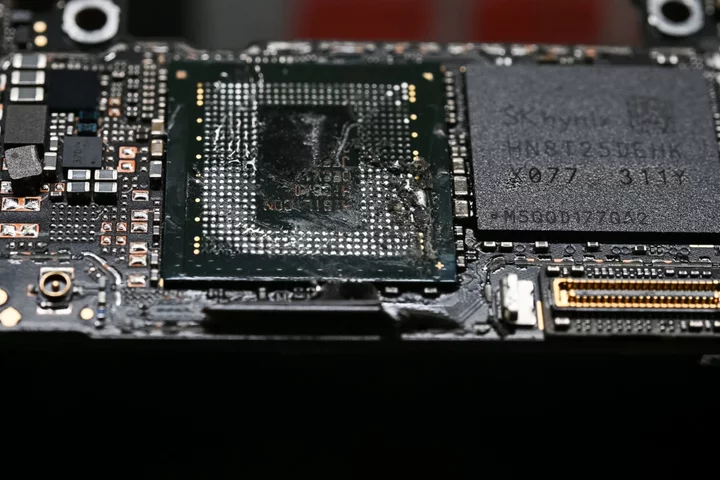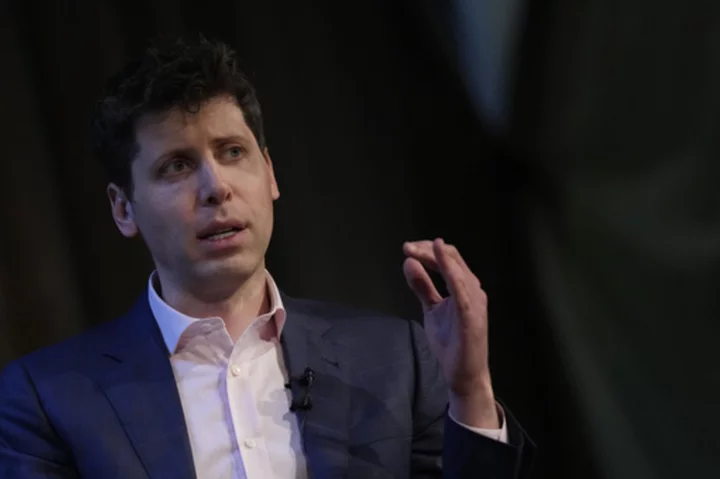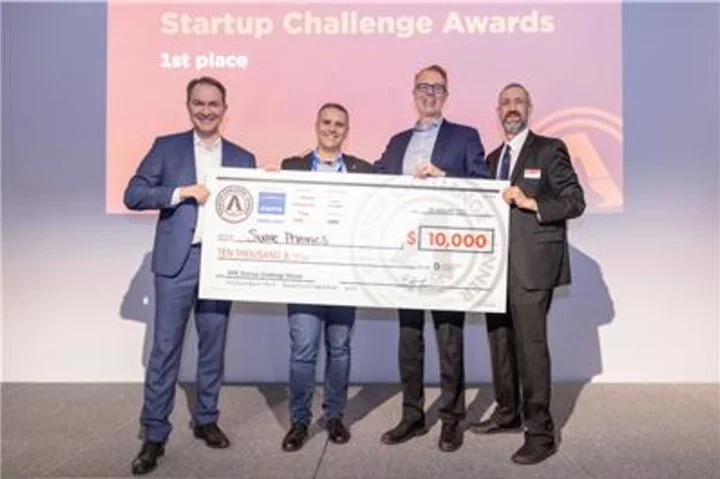Google’s latest Pixel smartphone, unveiled on Wednesday, contains artificial intelligence that is “miles ahead” of its rivals, according to an executive at the company. The Pixel 8 and Pixel 8 Pro use AI in everything from screening spam phone calls to improving the sound quality of calls – all driven by the new Tensor G3 processor. The unveiling of new AI capabilities comes after the tech giant consolidated its DeepMind and Google Brain research units into one division responsible for developing a “general AI”. Michiel van Eldik, Google vice president for devices and services in Europe, said the company’s AI innovations were how it could set itself apart from rivals, and that it gave them an advantage in the hardware business. “We have probably 15 or 20 years of experience in AI, and that’s where we can truly differentiate in the hardware business,” he said. “Our products are on par, if not better, than any other player out there. If you look at RAM, if you look at display, if you look at batteries, for example. So our story today is very much about artificial intelligence. “The message to the user is that we will give you services nobody else has. It’s not about hardware for us any more – it’s about bringing that great innovation that Google has, and the best of Google to the consumers out there.” Google also announced plans to add generative artificial intelligence (AI) capabilities to its virtual assistant, allowing it to do things like help people plan a trip or catch up on emails and then ask follow-up questions. The Alphabet subsidiary said during its hardware event in New York that it plans to add generative AI features from its Bard chatbot into Google’s version of a virtual assistant, that aims to provide personalized help with reasoning and generative capabilities on mobile devices. “(A) whole task is done through a couple of simple questions that you’re asking your assistant, which is, we think, a very, very powerful concept,” said Sissie Hsiao vice president, Google assistant and Bard. Google and other tech companies have been racing to build some form of generative AI into new or existing products. Meta, Amazon and Microsoft have all stepped up efforts this year. The new version of Google’s assistant will have access to a mobile phone’s camera and microphone, and let users input pictures or audio into the large language model to help answer questions, Hsiao said. It will not include revenue generating features, Hsiao said, because Google is still in the “learning phase” with generative AI. “We want to learn how to make a great experience out of this,” the Google vice president said. Google said the new software would be available to its trusted tester program “soon” but did not disclose a general release date. The company plans to release a version for Android and Apple’s mobile operating system, iOS. The unveiling of the Pixel 8 smartphone, seen as one of the main Android rivals to the recently released iPhone 15, comes amid overheating issues with Apple’s flagship phone. Additional reporting from agencies. Read More 10 ways AI will change the world – from curing cancer to wiping out humanity Google Pixel 8 camera will include ‘creepy’ face-changing AI Man drives off bridge ‘following Google Maps’ Google’s powerful ‘Bard’ AI can now get into your email
Google’s latest Pixel smartphone, unveiled on Wednesday, contains artificial intelligence that is “miles ahead” of its rivals, according to an executive at the company.
The Pixel 8 and Pixel 8 Pro use AI in everything from screening spam phone calls to improving the sound quality of calls – all driven by the new Tensor G3 processor.
The unveiling of new AI capabilities comes after the tech giant consolidated its DeepMind and Google Brain research units into one division responsible for developing a “general AI”.
Michiel van Eldik, Google vice president for devices and services in Europe, said the company’s AI innovations were how it could set itself apart from rivals, and that it gave them an advantage in the hardware business.
“We have probably 15 or 20 years of experience in AI, and that’s where we can truly differentiate in the hardware business,” he said.
“Our products are on par, if not better, than any other player out there. If you look at RAM, if you look at display, if you look at batteries, for example. So our story today is very much about artificial intelligence.
“The message to the user is that we will give you services nobody else has. It’s not about hardware for us any more – it’s about bringing that great innovation that Google has, and the best of Google to the consumers out there.”
Google also announced plans to add generative artificial intelligence (AI) capabilities to its virtual assistant, allowing it to do things like help people plan a trip or catch up on emails and then ask follow-up questions.
The Alphabet subsidiary said during its hardware event in New York that it plans to add generative AI features from its Bard chatbot into Google’s version of a virtual assistant, that aims to provide personalized help with reasoning and generative capabilities on mobile devices.
“(A) whole task is done through a couple of simple questions that you’re asking your assistant, which is, we think, a very, very powerful concept,” said Sissie Hsiao vice president, Google assistant and Bard.
Google and other tech companies have been racing to build some form of generative AI into new or existing products. Meta, Amazon and Microsoft have all stepped up efforts this year.
The new version of Google’s assistant will have access to a mobile phone’s camera and microphone, and let users input pictures or audio into the large language model to help answer questions, Hsiao said. It will not include revenue generating features, Hsiao said, because Google is still in the “learning phase” with generative AI.
“We want to learn how to make a great experience out of this,” the Google vice president said.
Google said the new software would be available to its trusted tester program “soon” but did not disclose a general release date. The company plans to release a version for Android and Apple’s mobile operating system, iOS.
The unveiling of the Pixel 8 smartphone, seen as one of the main Android rivals to the recently released iPhone 15, comes amid overheating issues with Apple’s flagship phone.
Additional reporting from agencies.
Read More
10 ways AI will change the world – from curing cancer to wiping out humanity
Google Pixel 8 camera will include ‘creepy’ face-changing AI
Man drives off bridge ‘following Google Maps’
Google’s powerful ‘Bard’ AI can now get into your email

